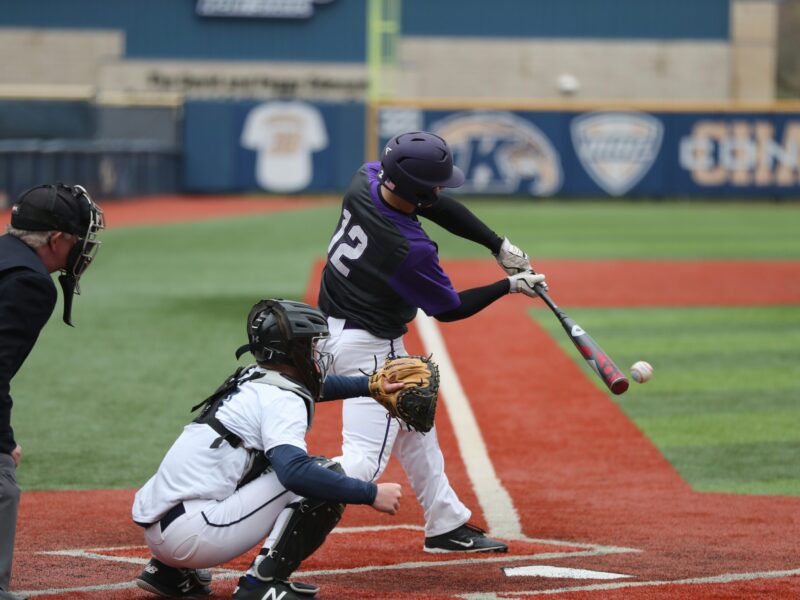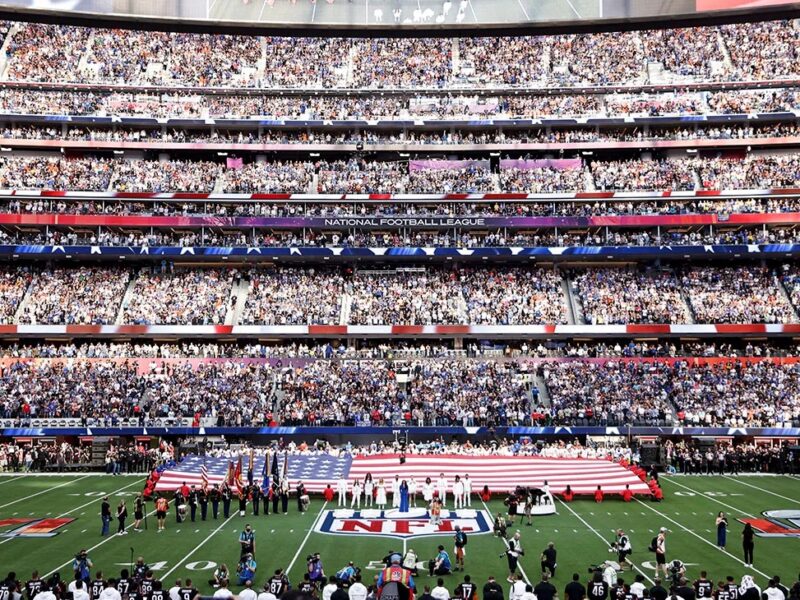Heroes are a lot different nowadays, with most young, enthusiastic sports fans trading in the cape-and-mask brand for those wearing padding and jockstraps. In fact, I can say safely that Steve Yzerman was my “hero” up until I reached middle school.
While this may seem harmless, the ever-increasing unruly behaviour displayed by a handful of professional athletes could possibly cause parents to second-guess their children’s idols.
The most recent event drawing an athlete into the negative spotlight was the late-December findings of firearms in the locker of NBA star Gilbert Arenas. While his arrogant attitude has led many to write it off as an isolated incident in a troubled man’s life, the trend is one that is growing fast.
This year alone we’ve seen football stars Chris Henry, 26, and Steve McNair, 36, lose their lives as a result of serious domestic disputes. In the case of Henry, it was not an unusual act as he had previously been arrested for a string of crimes including assault and a DUI. McNair had few previous charges, but was ultimately killed by his mistress.
And let’s not forget the shocking story of Tiger Woods in 2009, one of the most popular athletes in the world in recognition of his incredible talent, his charity work and the obstacles he was forced to overcome. But an exposed affair and a mysterious car accident will alter public perception overnight, as it did with Tiger.
Even in the NHL, thought to be one of the more strict leagues in terms of law and order, last year saw Montreal’s Kostitsyn brothers exposed to be involved in major Russian mafia relations.
There are also a handful of stories of criminal behaviour from sports stars of years past that are now cemented in our cultural memory: Pete Rose, Michael Vick, OJ Simpson, Plaxico Burress, Kobe Bryant, Ray Lewis, as well as many others.
While the majority of athletes seem to be clean, there is just no way to be sure. This begs the question: are they appropriate role models?
Many sporting enthusiasts have answered no, and that it is not their job to fill the shoes of a role model – all they are obligated to do is play sports and entertain an audience. Others on the same side of the argument note that athletes are trained to be competitive and emotionless on the playing field, and that that type of mentality can be carried over into everyday life.
Critics say that the athlete is brought to the home team to become a leader in the community, and that their actions have an immediate effect on impressionable youth who idolize these common sports players as superstars.
While I don’t know what the answer may be, it’s probable that even as ugly incidents in the sporting world continue to pop up, nothing’s going to change – kids will still hang posters of troubled NBA stars and wear the jerseys of violent NHL players. And when, one day, we find that there are more villains than heroes, who do we look to? Maybe we need that cape-and-mask-wearing superhero now more than ever.



